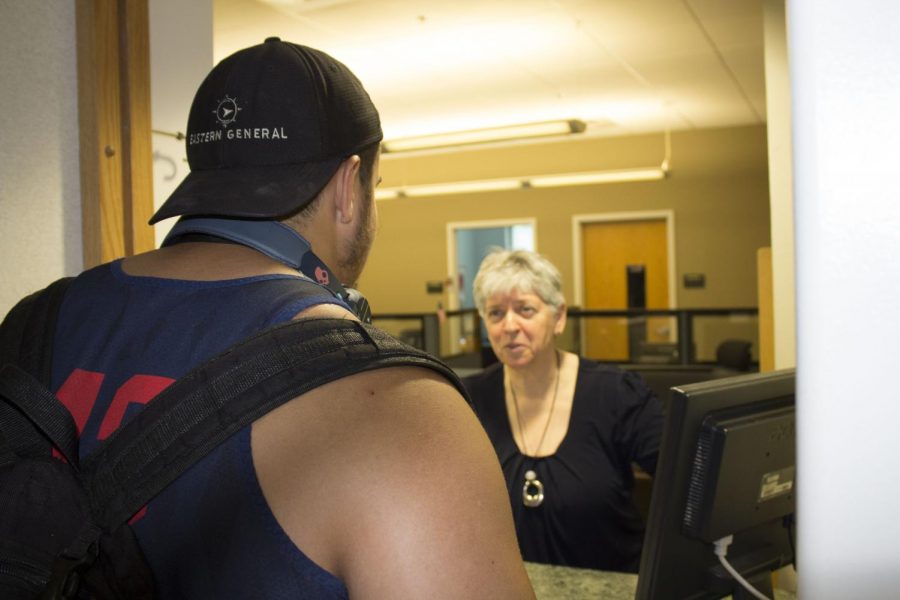Students to be eligible for $5,000 in tuition aid in fall 2019
August 25, 2018
Community college students in Maryland can receive up to $5,000 in tuition assistance from the state through a new scholarship program starting next fall.
Full-time students who have graduated from high school or earned a GED within the last two years may qualify for the Maryland Community College Promise Scholarship, as long as their family income is less than $150,000.
SGA President Jacob Smith the law “shows Maryland’s commitment to having students have access to higher education. … I think [the law is] really great just as long as people don’t mistake for being free tuition for everybody.”
Dr. Mike Gavin, AACC’s vice president for learning, agreed. “The general public does not understand the limited number of students that this will be applicable to,” he said.
Former SGA president Jonathan O’Dea testified in support of the law in the spring, saying the program could reduce debt from student loans.
“I think this law will help because it will make students realize that they have more financial help then they did in the past,” O’Dea said. “So, the debt problems … it’s not as daunting.”
Two Maryland community colleges, Community College of Baltimore County and Carroll Community College, will start similar scholarship programs this semester.
Dr. John Grabowski, dean of Enrollment Services, said he cannot pin down the exact number of students who will qualify for the state program.
He noted that the state’s 16 community colleges will share $15 million worth of awards, so colleges will have to decide which students will get the money.
“One of the factors that could be first come first serve,” Grabowski said. “So it is really, really important that a student who applies for the college … also complete the [Free Application for Federal Student Aid at] this very same time.”
Because the award is part of a so-called “last-dollar” program, students must exhaust financial aid and other scholarships before receiving the Promise money.
“The new tuition law makes it a lot more open for single students and students who come from low-income families,” Nikko Maresca, a first-year computer science student, said. “It gives them more of an opportunity to actually go to college and not worry about having to pay such exorbitant fees to go to school and worry about such a large tuition over the two years they are going to AACC.”
AACC President Dawn Lindsay said she is “very pleased that the legislature passed the bill establishing [this program] and that the governor signed the bill into law.” However, she added, “We also know that these new programs will not solve the financial challenges that many of our students face.”
Gov. Larry Hogan, in announcing the scholarship, pointed to the nearly 60 percent of Maryland college students who graduate with thousands of dollars in student debt. “This financial burden is preventing young Marylanders from achieving financial security and has become a roadblock to homeownership and saving for retirement. That changes today.”












